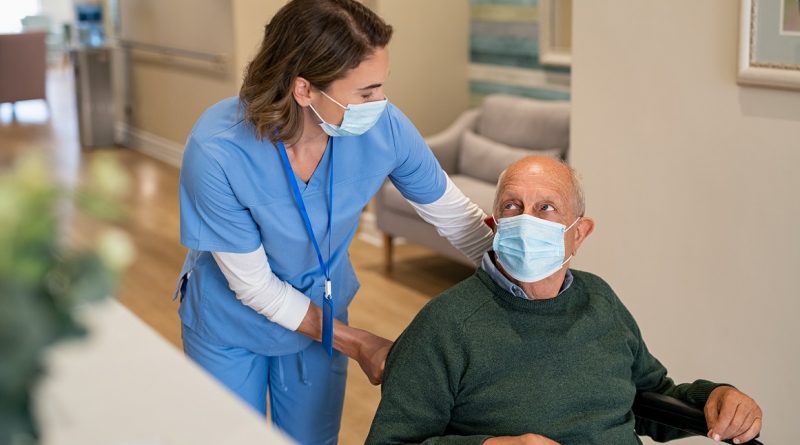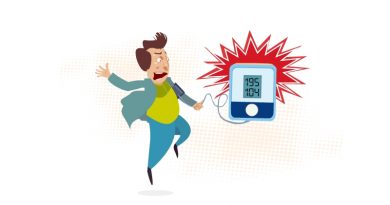How To Handle Patient Mobility Issues in Aged Care Facilities
One of the most taken-for-granted aspects of life is the ability to partake in it. Breathing, seeing the sky, or binge-watching a series are just some of the many ways humans live their lives. From your first cries to your present smiles, life is but a series of events unfolding one by one. But like all others, it’s bound to end.
As you age, your body goes through a series of emotional, psychosocial, and physiological changes. A five-kilometer walk might just be a walk in the park back when you were young. But, as soon as you grow older, the lifestyle that you’re used to might become a major pain in the back.
During these changes, the body becomes more susceptible to a variety of health issues, resulting in partial or total incapacity to participate in life. Care workers from aged care facilities are the heroes that help elder patients get past this major transition in life. As a healthcare worker, here are four tips on how you can effectively handle mobility issues in aged care facilities:

Corporate Wellness App
CircleCare
- Assessment Is King
Healthcare is complex. Since it aims to promote the well-being of humans alongside cure, treatment, and prevention against medical conditions, it needs serious dedication. Healthcare providers must be in tip-top condition and must be in a facility that emphasizes workplace safety. Facilities that are a little bit rough around the edges and a dwindling dedication just won’t cut it. This type of assessment targeted towards the self and the health facility is often overlooked, but nonetheless just as crucial as anything else.
In line with this, patient assessment is one of the determining factors of the patient’s diagnosis, treatment interventions, and prognosis. A little incorrect assessment could largely result in ineffective treatment plans, which are not only inefficient but may also put the patient at a higher risk. This includes, but is not limited to, current needs, mobility, physical ability, other health issues, and others.
Being conscientious in assessment is a big help for every healthcare worker that would handle the patient, as it eases drafting the treatment plan for them. In addition, the care worker and medical practitioner alike would be able to determine what and what not to give the inpatient. This is especially true now that one of the pressing issues of manual handling of people (MHP) is its lack of ability to give a specific MHP intervention to every case.
- Provide The Right Aid To Your Patients
Mobility aids are specialized equipment used to provide support to people using them. These come in various sizes, shapes, and materials—depending on their function. A client that suffers a foot drop may or may not need to be hoisted in the ceiling using mounted patient hoists. This all depends on the accuracy of your pre-assessment.
The severity or cause of immobility is one of the major determinants of what type of aid will be given to the patients. Sometimes, wheelchairs or gait aids will do the trick. But with the current healthcare technology, you have a broader list of options that you can provide to your patients.
In line with this, care workers are aids themselves. You must be always vigilant in attending to your patient’s needs. Assisting them during activities of daily lives (ADLs), helping them with sit-to-stand (STS) transfers, supporting them in the course of their incidental activities, among many others, are a few of the things that you can do.
- Mind Your Environment
A mind that’s overthinking is more prone to a wide list of psychological conditions. Similarly, cluttered places are more susceptible to accidents and pose a threat to patients with mobility issues. The facility must be free of unnecessarily numerous blockages (tables, chairs, etc.) and accident-inducing elements such as liquid spills, loose screws, or anything that could potentially cause tripping and falling.
Seminars and training about other safety and environment-related MHP interventions must also be conducted regularly for the continued safety of patients and healthcare workers. As a care worker, you are technically part of the intervention process, hence equipping yourself with the right knowledge is an absolute must.
- Educate Other Non-Healthcare Workers About MHPs
People always say, ‘no man is an island,’ and that is true. Assisting patients with mobility issues, despite the fulfillment, is extremely taxing. Fortunately, distributing the task of taking care of patients, doesn’t stop to care workers alone. Family and friends are also considered caretakers of the patients, most especially outpatients who still need a degree of support even when they get home.
Educating the family with the right information would provide them an idea on how to properly take care of the patient. Some cases require homes to adapt to the patient’s condition, such as reinforcing the house to accommodate mobility aids of the patient and other extra steps to imitate the care given in the facilities.
Furthermore, by being educated on MHPs, family and friends who visit aged care facilities would know how to properly conduct themselves. This contributes to the overall safety of the facility, hence, providing a better and safer environment to residents and care workers alike.
To Wrap Things Up
Handling patients with mobility issues is challenging, more so, those in aged care facilities. The lack of socialization in these places can be detrimental to their health. Some may even develop psychological issues due to being away from family and friends. Being able to attend to their physiological needs as well as their emotional ones, is still the primary role of all care workers.








